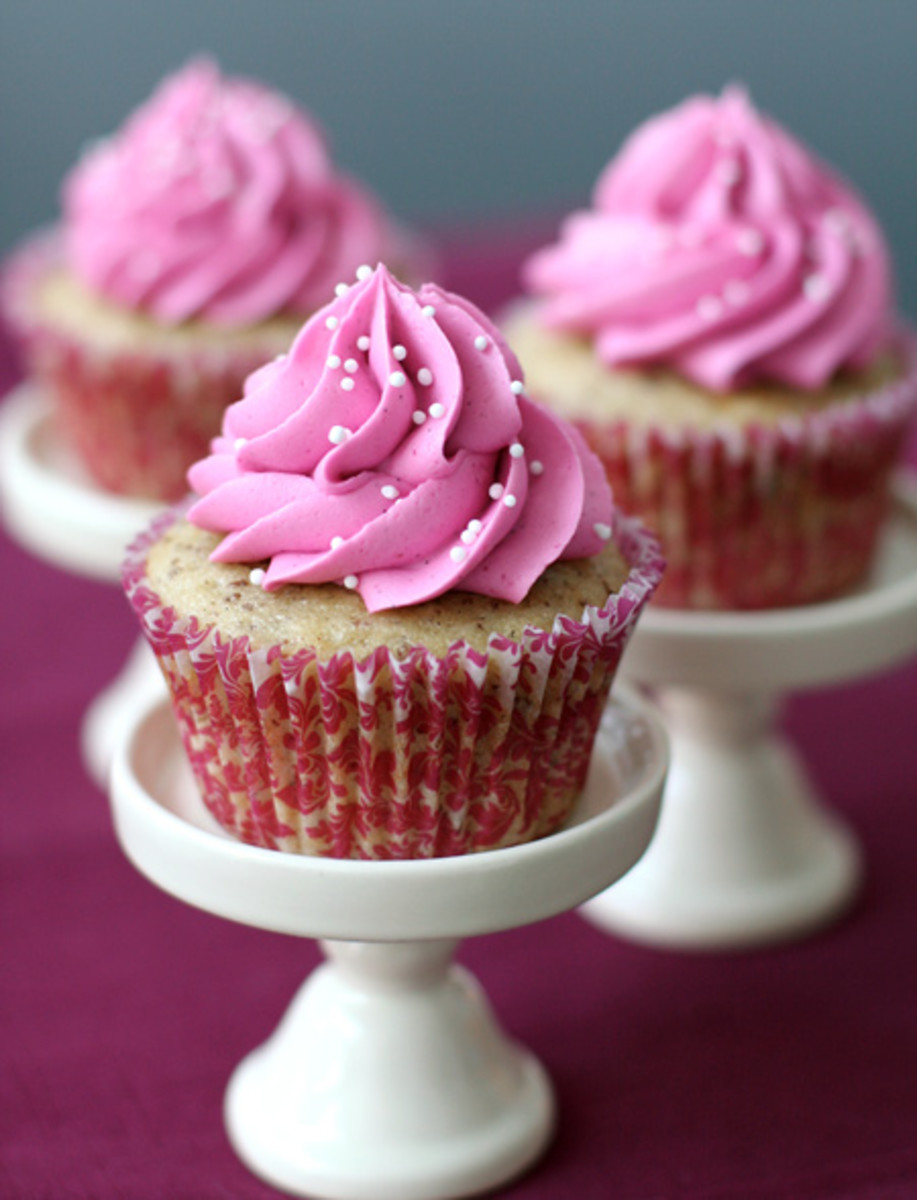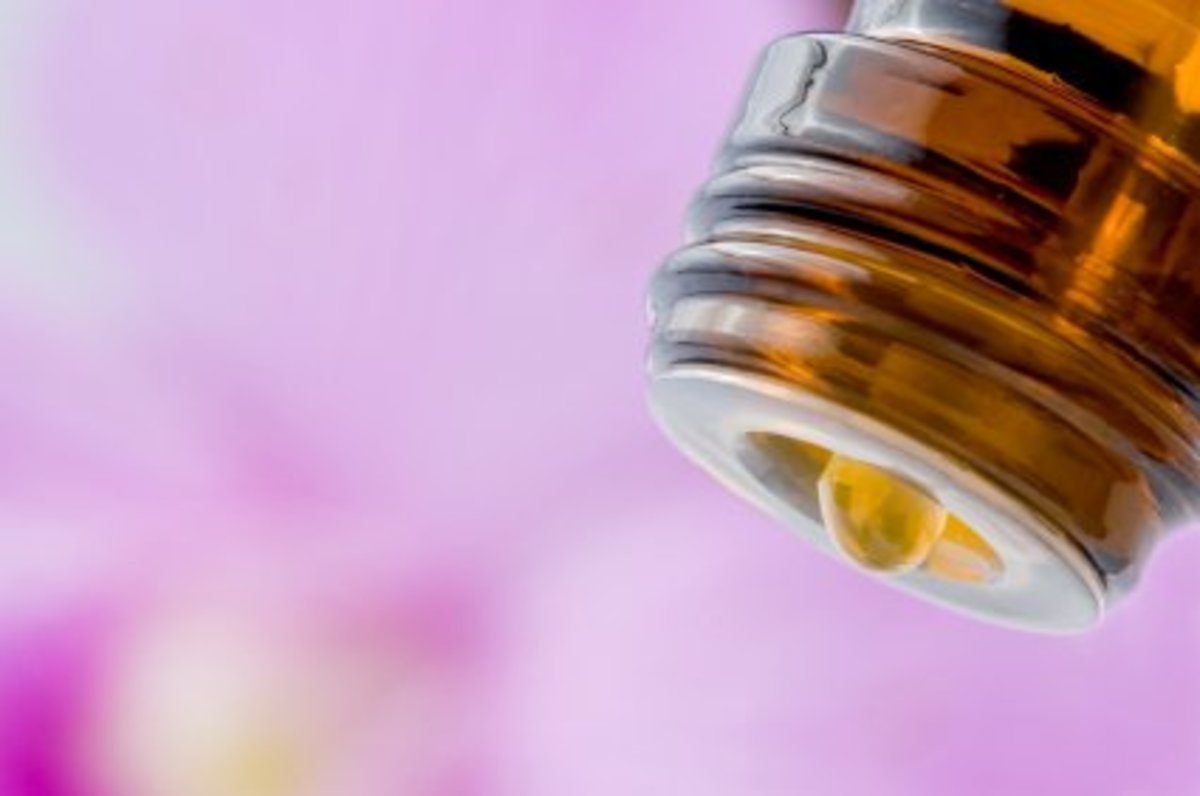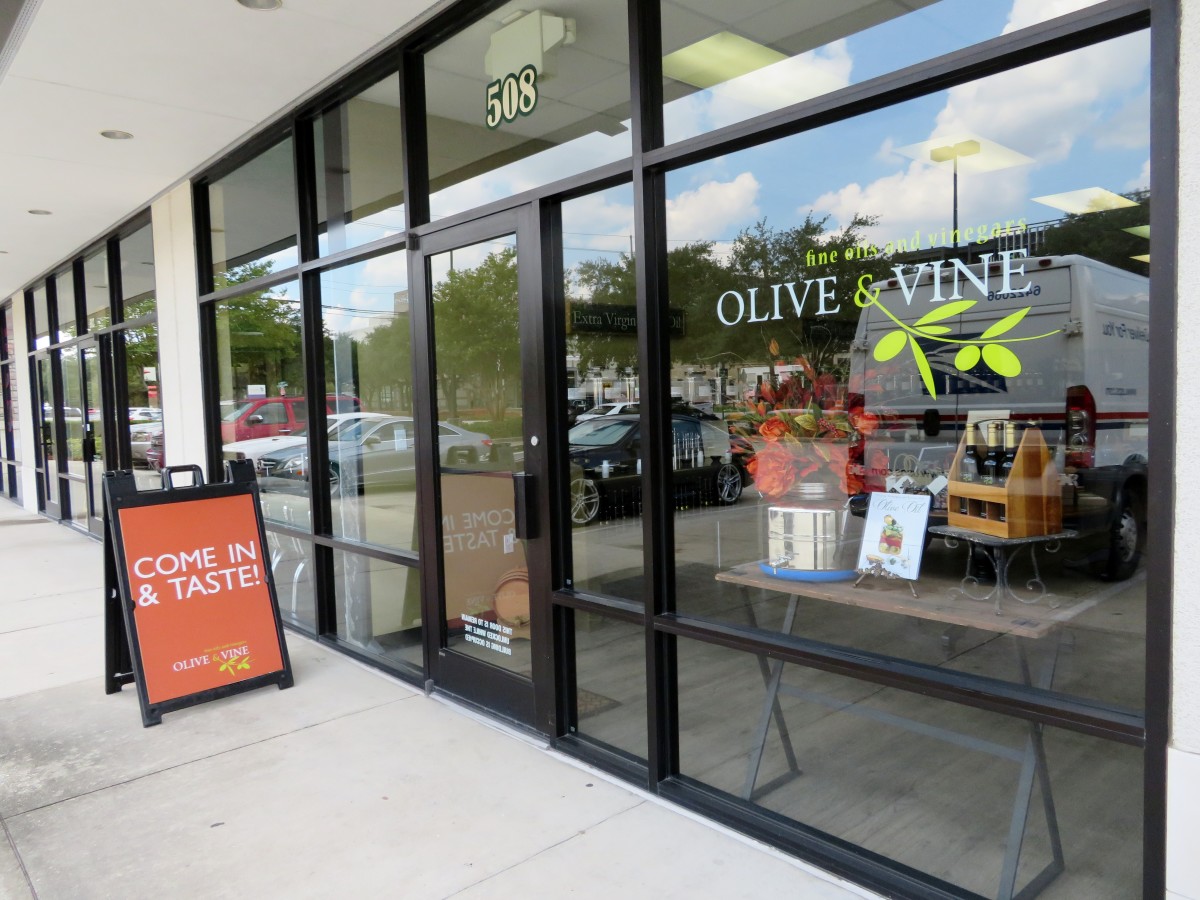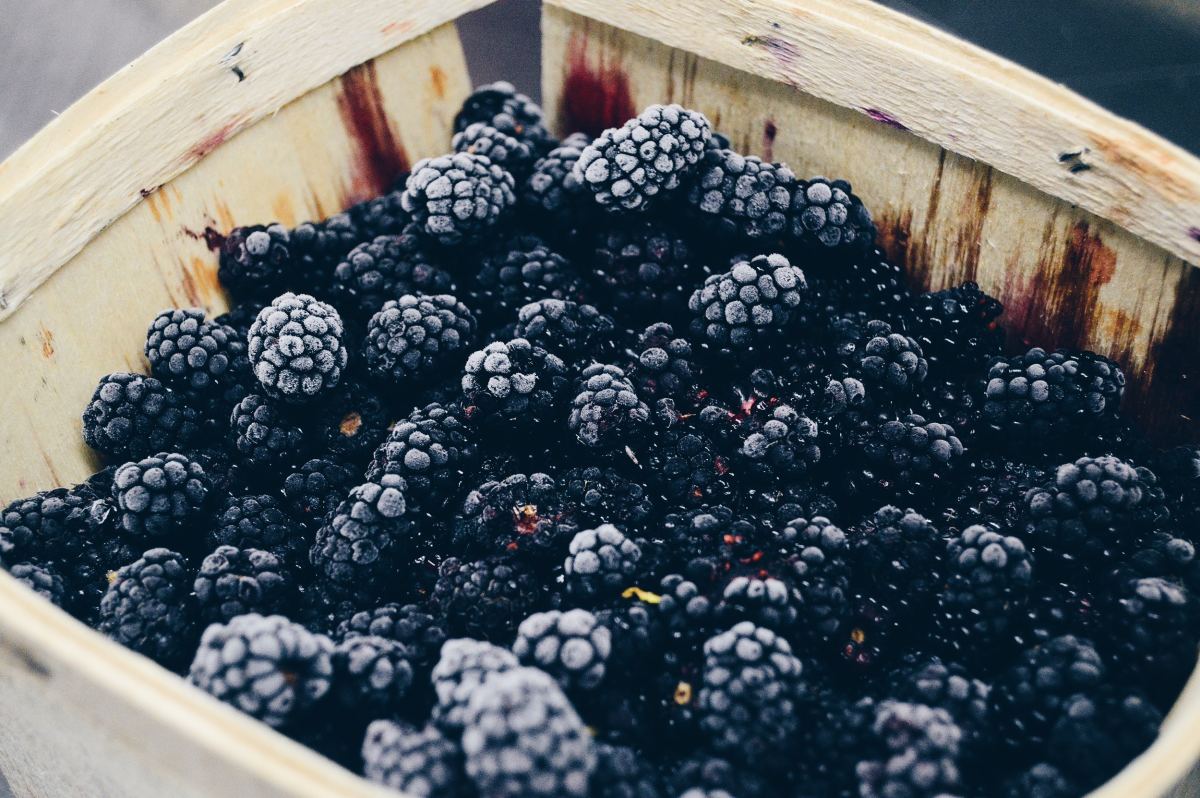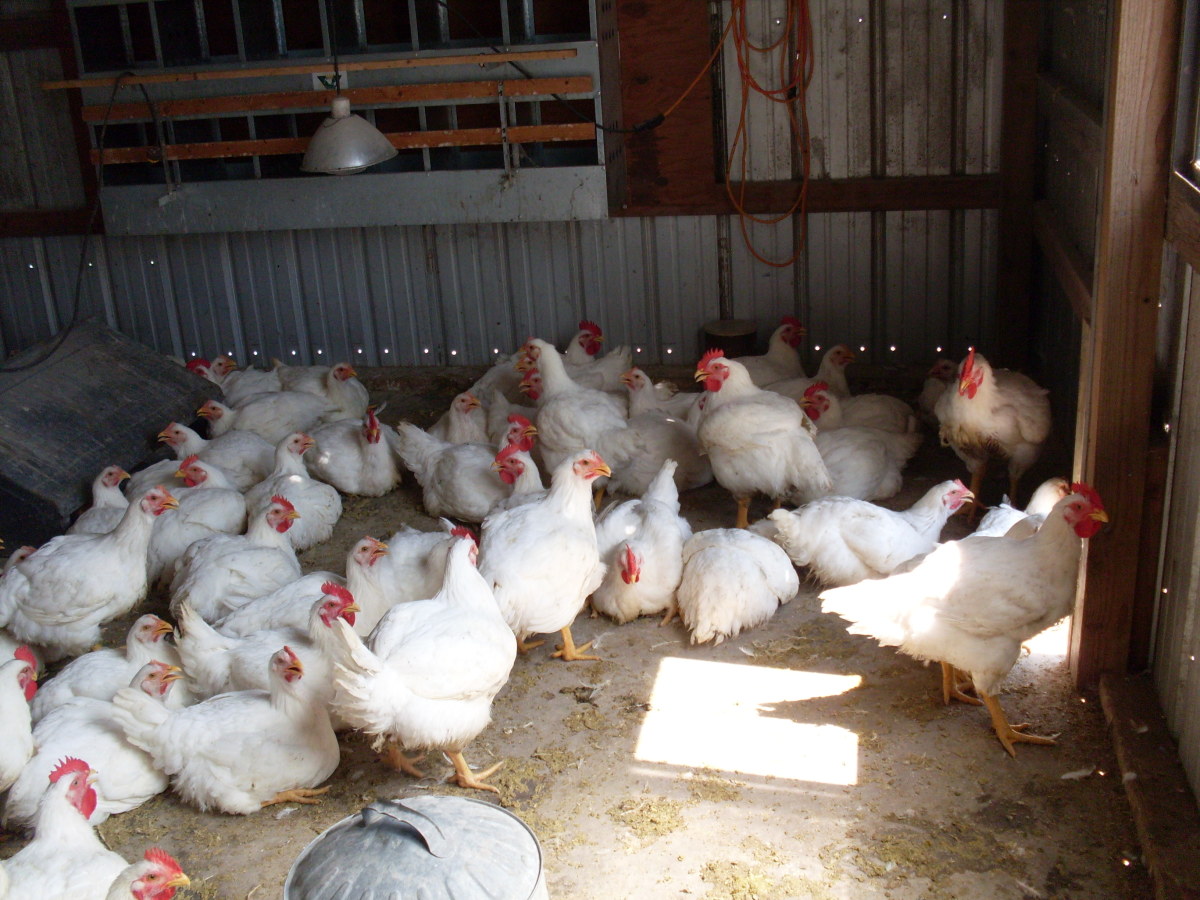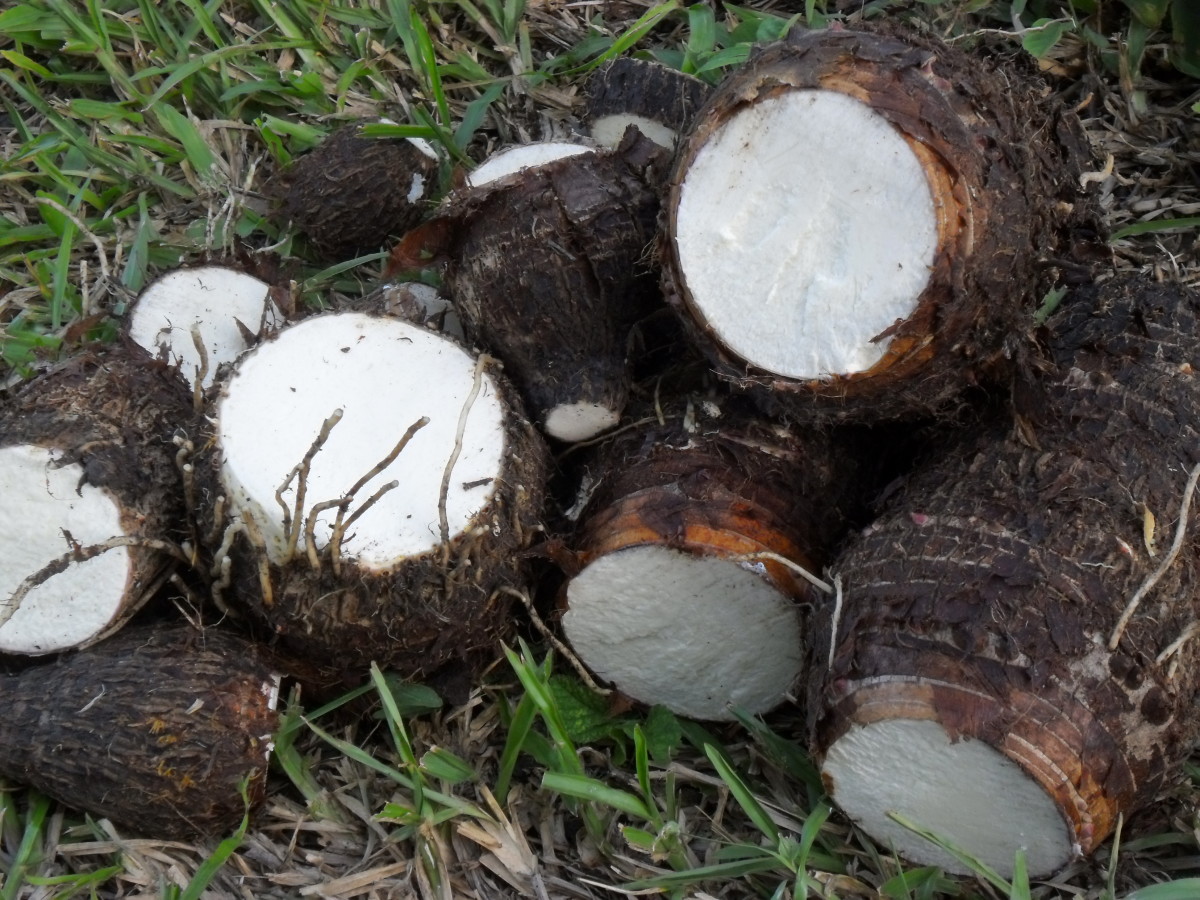Recipes: Substitutes for Alcohol in Your Favorite Recipes
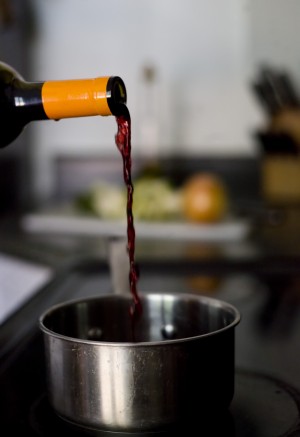
Wine and spirits are frequently found in many of our favorite dishes. Here's how one cook learned to use non-alcoholic substitutes with favorable results.
Over the years I have collected tons of recipes which call for alcohol in some form, usually wine, which choice provided the cook with good excuse to tipple at leisure while dispensing said ingredient into the dish simmering on the stove top. Several years ago I decided to quit drinking. The health benefits were immediate and immeasurable. However, as an avid cook it created some quandaries in the kitchen when I no longer had my wine or liquor cabinet to turn to when recipes called for wine or spirits. I realized that countless cooks must have the same dilemma; either they don't drink and therefore don't have alcohol in the house, or they imbibe so little it goes to waste after dispensing a spoon or two into a particular dish. Not willing to forgo making some of my all time favorite dishes I decided to investigate. What I found is a large number of great substitutes that come in small packages and provide robust flavor in the form of extracts, oils, vinegars, and stocks and broths.
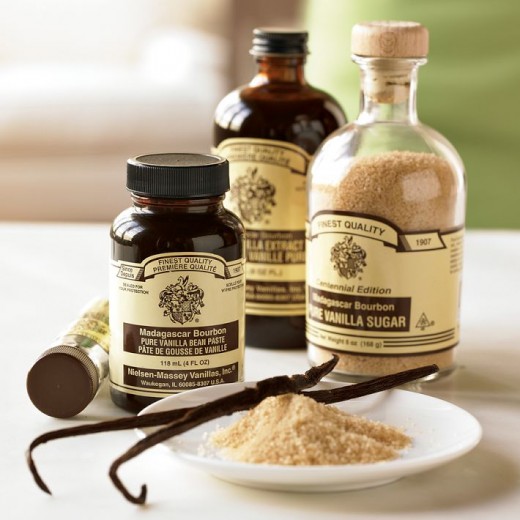
Extracts
Extracts can be tricky. They can provide excellent flavor and flavor reproduction, but some of them also contain a lot of alcohol. This alcohol is generally burned off in the cooking process, but nevertheless, if you are attempting to keep an alcohol-free domicile (i.e., no mouthwash, etc.) then extracts with any alcohol in them are probably not a good choice for you. Extracts are natural essences that are obtained by extracting the essential oils from the blossoms, fruit, roots or whole plant of the flavor in question. Many fruits (think lemons and limes) have enough essential oil that they can be pressed and no alcohol used in the extraction process. Many harder nuts or roots (like the vanilla bean) require that the flavor be extracted by absorption, which means that the subject plant, root, bean, or fruit is soaked in alcohol until the flavor is absorbed. When you really need the flavor of brandy, rum, bourbon or sherry, extracts are definitely the way to go.
Most use extracts when baking. Vanilla is by far the most popular extract in the world and the most popular flavor (for some it is even the most popular scent). It pays to buy good vanilla. My favorite is a Mexican Pure Vanilla Extract made by Nielsen-Massey Vanillas, Inc. I buy it at my local New Seasons or Whole Foods Markets, but it can also be ordered on-line.
Oils and Essences
An essence possesses the qualities of something in a concentrated form. Essential oils are excellent substitutes for extracts as they contain no alcohol, withstand much higher heat without losing potency, store well for longer periods of time, and require much less as they are extremely concentrated. The downside would be that the range of flavors is far more limited. Anise, cinnamon, bitter almond, peppermint, lemon and grapefruit are flavors that are easily available in essential oils. Always adjust the amount downwards when using essential oils as they are much stronger.
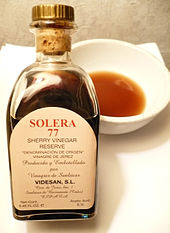
Vinegars
Vinegar can be used to advantage when you are replacing wine or champagne in a recipe. The lower the acidity of the vinegar, generally speaking, the better the result. Vinegar is made using a two-fold fermentation process that first turns natural sugars to alcohol, then the alcohol into acetic acid. It can be fast fermented over a period of three to twenty days, or like a fine wine, it can take twelve years. True Balsamic vinegar, from the region of Modena, Italy must be at least twelve year old in order to be called "Balsamic". This is the traditional way. The non-traditional and less-expensive way only require 3-4 years of fermentation. You will pay accordingly. There are port vinegars, sherry vinegars and red and white wine vinegars that will provide lovely results in your recipe when substituting for [small] quantities of wine. Even when the recipe does not call for wine, a splash of the appropriate vinegar can brighten and intensify the flavor of many dishes.
Stocks and Broths
Every good kitchen should have a supply of good stock or broth. If you are truly prepared, you will have fish stock, beef broth, chicken stock and vegetable broth on hand. I keep cans or cartons of low-sodium chicken stock in my cupboard at all times to use in recipes. However, if you are using stock or broth to replace alcohol, this skinnied down stock will not do. You want to intensify or complement the flavor of the dish, not water it down. If you are like most cooks you aren't going to go to the effort of cooking a small batch of intensely flavored stock just so you can use a tablespoon or two of it in your recipe. My solution: make the stock with less water, then freeze it in 2 Tablespoon quantities in ice-cube trays and you can pop these cubes out as needed.

Know Your Limitations
Let's get real. Sometimes there are no substitutes. Stuffed animals aren't really pets, blow-up dolls are not good conversationalists let alone anything else, and a cup of vinegar in a recipe that calls for a cup of a good burgundy is going to ruin it. If you are intent on keeping alcohol out of your larder, cellar, or refrigerator, then there are certain recipes that you shouldn't tackle in your kitchen. Beer cheese soup. Beef Burgundy. Chicken Marsala. Essentially anything that contains a whole bottle (or even a cup) of booze. However, most recipes only contain a scant amount, enough to add a little burst of flavor. And just so you can see how true this is, I've attached one of my favorite recipes for Chicken Stroganoff that calls for 1/2 c. of sherry. Replace this with a 1/4 c. of good Sherry vinegar and you will be unable to tell the difference. The key of course is in the quality of the vinegar. http://jburgraff.hubpages.com/hub/The-Best-Chicken-Stroganoff



